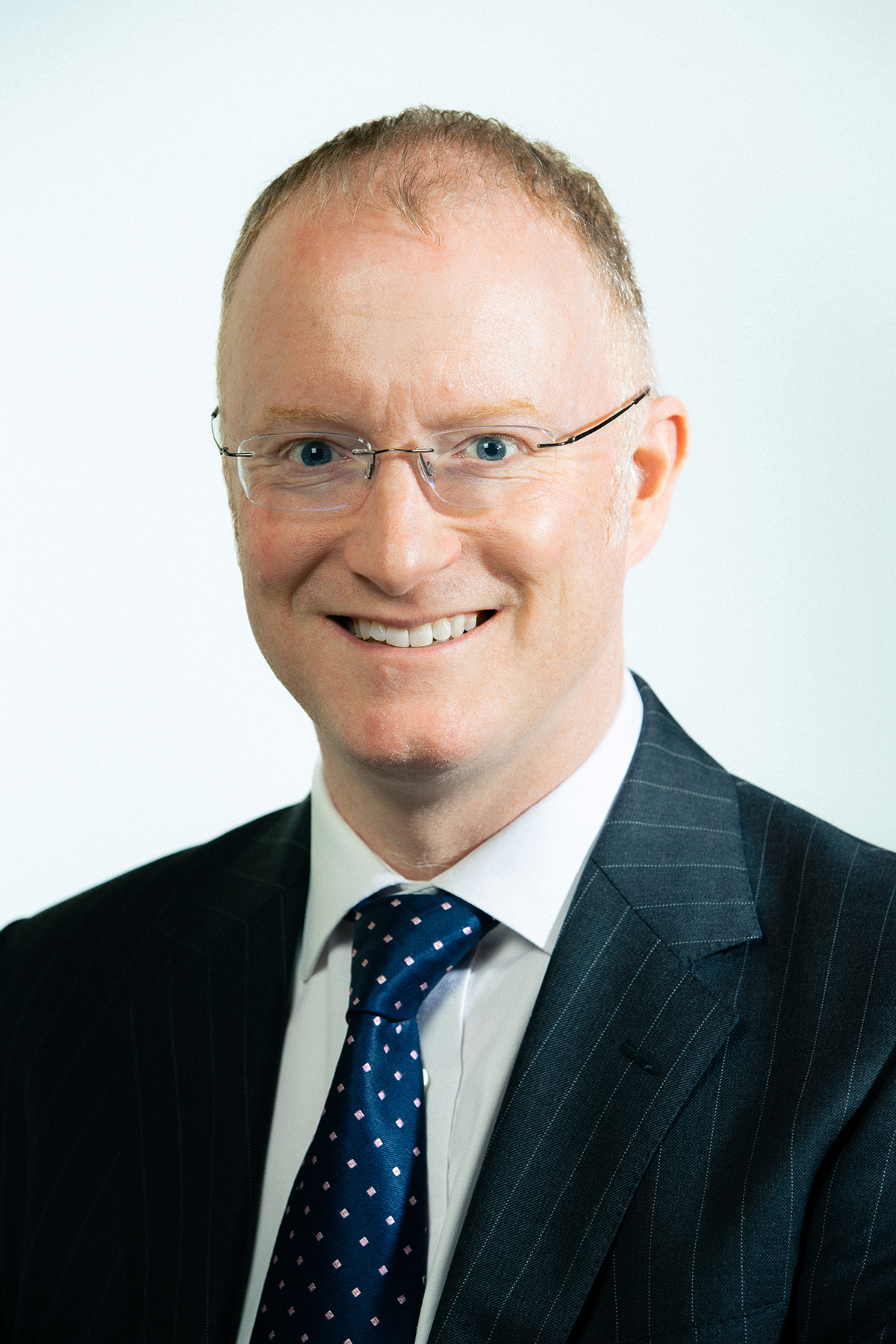
Electronics and Electrical Engineering

Professor Gareth Harrison holds the Bert Whittington Chair of Electrical Power Engineering at the University of Edinburgh. He has held a number of executive leadership roles in the School of Engineering, most recently as Head of School.
His research is focused on renewable energy integration within energy systems and he has built a reputation for the application of meteorological modelling and optimisation methods for energy network operation and planning. He is currently a Co-investigator on several EPSRC and Ofgem/InnovateUK projects covering energy storage and power networks. He was Associate Director of the EPSRC National Centre for Energy Systems Integration (2016-2022), Principal Investigator of the EPSRC Adaptation and Resilience in Energy Systems project (2012-2015), examining climate impacts on energy system resilience, and has been Co-Investigator on many UK and EU consortia.
Professor Harrison is a Chartered Engineer, a Fellow of the Institution of Engineering and Technology, a Senior Member of the Institute of Electrical and Electronics Engineers and is an Affiliate of the Association of Chartered Certified Accountants. He was a founding member and now Emeritus member of the Royal Society of Edinburgh Young Academy of Scotland.
- BEng (Hons) Electrical and Mechanical Engineering, University of Edinburgh, 1997
- PhD Electrical Power Engineering, University of Edinburgh, 2001
- Fellow, Institution of Electrical Engineers (IEE)
- Chartered Engineer (CEng)
- Senior Member, Institute of Electrical and Electronics Engineers (IEEE)
- Affiliate of the Association of Chartered Certified Accountants
- Emeritus Member, RSE Young Academy of Scotland
- Inquiry Committee Member, Royal Society of Edinburgh, Energy Inquiry (2017 - )
- Member of Working Group, Royal Academy of Engineering, Wind Power Inquiry(2012 – 2014)
- Associate Editor/Editorial Panel, Proceedings of the Institution of Civil Engineers: Energy (2002 - )
- Editorial Board Member, Renewable & Sustainable Energy Reviews (2018 –)
- Editorial Board Member, IET Energy Systems Integration (2018 –)
- Editorial board member, International Journal of Emerging Electric Power Systems (2005 - )
- Guest Editor, Renewable & Sustainable Energy Reviews, ‘Special Issue in marine and ocean energy dedicated to the work and memory of Professor Ian Bryden’ (2019)
- International Advisory Board, Wiley Interdisciplinary Reviews: Energy and Environment (2013 - 2019)
- Associate Editor, Wiley Interdisciplinary Reviews: Energy and Environment (2010 –2013)
- Interdisciplinary Group Design Project [MEng]
- MSc Dissertation
- Renewable resource assessment
- Network Integration of Renewable Energy
- Multi-vector energy systems/energy systems integration
- Climate Change Impacts on Renewable Energy
- Life cycle assessment (or carbon footprints)

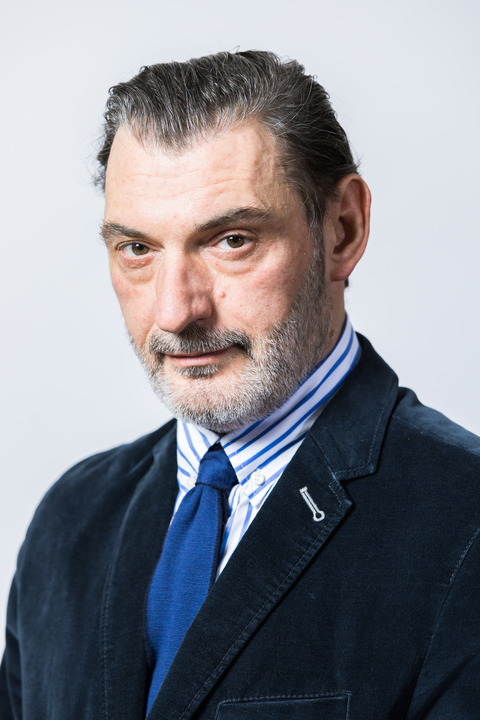
- MSc (2001), University of Nis, Serbia
- PhD (2004), UMIST, UK
- Member of Joint CIGRE/CIRED WG C4.42 and CIGRE WG C4.63
- Co-chair of two CIGRE/CIRED Joint Work Groups: C4.110 (Voltage Dips) and C4.605 (Load Modelling)
- Advisory Member of IES Controls Protocol Committee
- MIET, SMIEEE
- Several EPSRC, EU, TSB, ETP and DECC Research Projects
- Member of BSI/IEC Committees L/013 (Smart Grids) and GEL/210 (EMC)
- Chair of Task 3: Electric Power Systems Perspective, IEEE PES WG on Sustainable Future Electrical Energy System Design
- MSc in Sustainable Energy Systems, Dissertation Project (PGEE11017)
- Power Systems Engineering and Economics (PGEE11016)
- Power Systems and Machines 4 (ELEE10005)
- Power Systems Engineering 5 (ELEE11054)
- Power Engineering Fundamentals (MSc, PGEE10013)
- Electrical Power Systems
- Distributed Generation
- Modelling of Microgeneration and Small-scale/Medium-scale Distributed Generation
- Illuminating Engineering
- Load Modelling and Demand Side Management
- Power Quality and Reliability/Security Assessment
- Assessment of Steady State and Transient Perfromance of Distribution Networks
- Multi-Vector Energy Systems (Electrical, Heating/Cooling, Transportation...)
- Deputy Programme Director of Sustainable Energy Systems MSc Studies
- Previous Employment: 1992-2001 University of Nis, 2001-2005 University of Manchester/UMIST
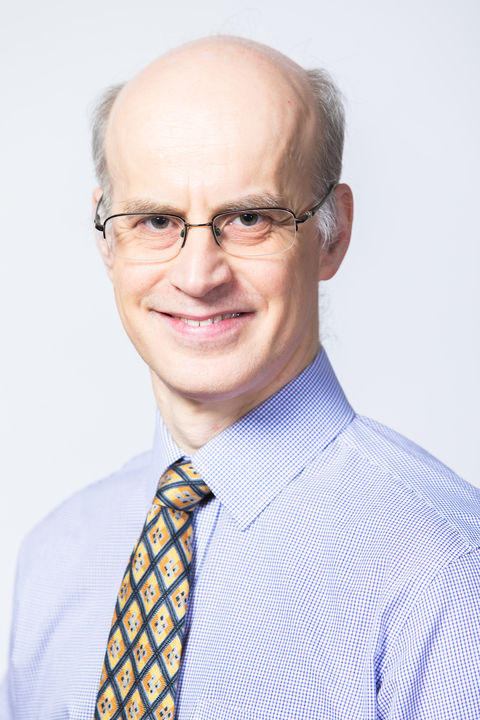
- BEng
- PhD
- SFHEA
- MIEEE
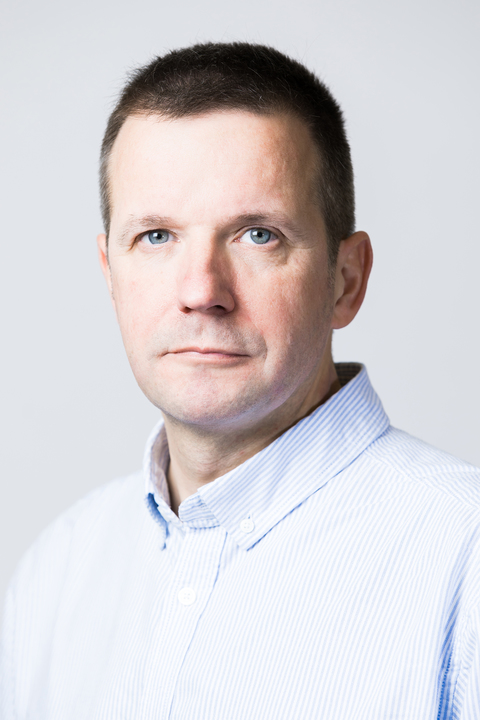
Dr Jonathan G. Terry is the Deputy Head of the Engineering Graduate School at the University of Edinburgh. He joined the School of Engineering in early 1999 as a Post-doctoral Research Associate and later became a Chancellor’s Fellow. He currently lectures in the Electrical and Electronic Engineering Discipline teaching undergraduate students in the 1st, 3rd, and 4th year, as well as those within the MSc Electronics programme.
He is based in the Institute for Integrated Micro and Nano Systems, where his current research activities are in the production of smart sensor systems, exploiting the extensive toolset in place at the fabrication facilities of the Scottish Microelectronics Centre. These involve the development and use of novel fabrication processes and materials, and their integration with post-processed foundry CMOS circuitry. To date, his research has included the development of sensing systems for physical, biological, chemical, medical, astronomical and harsh environment applications.He is a named inventor on three patents and has authored over a hundred journal and conference publications.
Recent and current funded research projects include:
- IMPACT: Implantable Microsystems for Personalised Anti-Cancer Therapy
- New Engineering Concepts from Phase Transitions: A Leidenfrost Engine
- EMBOSS: Enhanced Multiscale Boiling Surfaces - From Fundamentals to Design
- 1993 BEng(hons) Electronic Engineering (UMIST)
- 1994 MSc Microelectronic Materials and Device Technology (UMIST)
- 1998 PhD Solid State Electronics (UMIST)
- Senior Member of the Institute of Electrical and Electronic Engineers (IEEE)
- Member of the Technical Committee of IEE International Conference on Microelectronic Test Structures
- Officer of the Scottish Chapter of the IEEE Electron Devices Society (EDS)
- Regional Editor of the IEEE EDS Newsletter (UK, Middle East & Africa)
- Counsellor to the University of Edinburgh IEEE Student Branch
- Course Director: ELEE09021 Microelectronics 3
- Course Director: ELEE10017 Professional Issues for Engineers 4
- Course Director: PGEE11038 Microfabrication Techniques

Istvan Gyongy received the M.Eng. and Ph.D. degrees from the University of Oxford, UK, in 2003 and 2008, respectively. Following a period in industry, where he worked on processors for smartphones and a cloud-connected activity tracking system for dairy farms, he joined the University of Edinburgh. His initial research at the University was on hydrodynamic modelling relating to the development of FloWave, the combined wave and current test facility. His research is now focused on the development of single-photon avalanche diode (SPAD) cameras and their application in a range of domains including LIDAR and the life sciences.
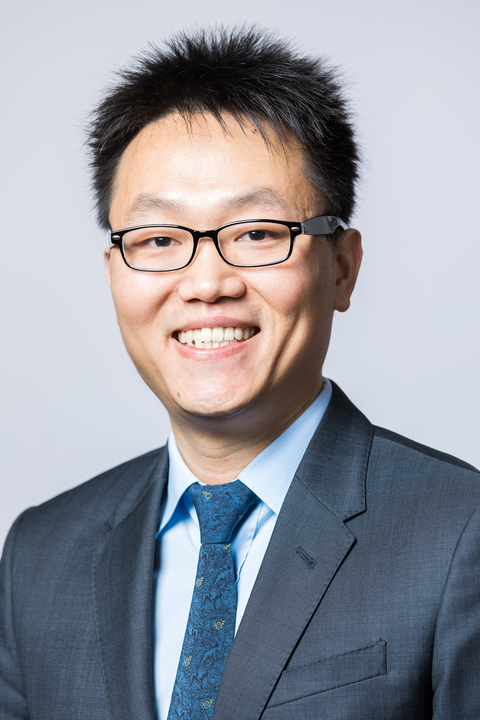
Chancellor's Fellow in Energy Systems Integration
Dr Wei Sun is a Chancellor's in Energy Systems Integration within the School of Engineering. His research focuses on the planning and operation of low-carbon energy systems with high renewable penetration, utilising applied data science and advanced optimisation techniques. Dr Sun holds a Visiting Research Fellowship at UCL.
Dr Sun has extensive experience in energy modelling at different scales. He previously worked on building a multi-scale energy system integration architecture for the National Centre for Energy Systems Integration (CESI) and served as a lead researcher on the Hydrogen’s Value in the Energy System (HYVE) project. He has also contributed to the RESTLESS and ARIES energy resilience projects.
Current Focus 1: Decarbonising AI & Data Centres
Dr Sun’s recent work addresses the critical energy challenges posed by the rapid growth of Artificial Intelligence. He focuses on quantifying the flexibility of data centres and optimising their integration into the power grid to support net-zero targets.
- Spatial Flexibility: Scheduling computing loads across geographically distributed centres.
- Temporal Flexibility: Optimising job timing to match renewable generation.
- Supply Configuration: Integrating on-site storage and renewables.
Dr Sun recently organised the International Workshop on Managing Global Energy Demand of AI Data Centres (Imperial College London, 2025).
Invited talks for IEEE PES International Meeting (PESIM) 2026, Assessing Data Center Flexibility in Low-carbon Power System: Current Capabilities and Future Prospects
Selected Recent Publications
- Grid Frequency Stability Support Potential of Data Center: A Quantitative Assessment of Flexibility in IEEE Transactions on Industry Applications (In press, 2026)
- Multi-Objective Low-Carbon Scheduling Method for Data Centers Based on Ensemble Reinforcement Learning in IEEE Transactions on Smart Grid (2025) link
Open PhD Opportunity
Topic: Improve the Energy Sustainability of AI Data Centers in Future Energy System
Current Focus 2: Open Energy Modelling & PyPSA-GB
Teaming up with Dr Andrew Lyden, Dr Sun works on PyPSA-GB, an open-source model of the Great Britain power system. Moving away from "black box" commercial tools, the team advocates for transparent, reproducible energy modelling. Their research utilises high-fidelity simulations to stress-test grid resilience against extreme weather, analyse security of supply risks in Scotland, and optimise flexibility assets to minimise renewable curtailment.
Key Output
- PyPSA-GB GitHub Repository – Open-source code for the GB transmission network model.
- Electricity System Security of Supply in Scotland (Report for ClimateXChange/Scottish Government, 2023)
- PyPSA-GB: An Open-Source Model of Great Britain’s Power System (Foundational Paper)
- PhD Electrical Power Engineering, University of Edinburgh, 2015
- Chartered Engineer (CEng)
- Member of the Institution of Engineering & Technology (IET)
- Member of the Institute of Electrical and Electronic Engineers (IEEE)
- Hydropower Interdisciplinary Group Design Project [MEng]
- Electrical Engineering Fundamentals of Renewable Energy [MSc]
- MSc Sustainable Energy Systems - Dissertation supervision
- MSc Advanced Power Engineering - Dissertation supervision
- Network Integration of DER
- Electricity Network Modelling
- Gas/Hydrogen Network Modelling
- Climate Change Impacts on Renewable Energy
- Optimisation Modelling
- Statistic analysis
- Data Science applications in Power Systems
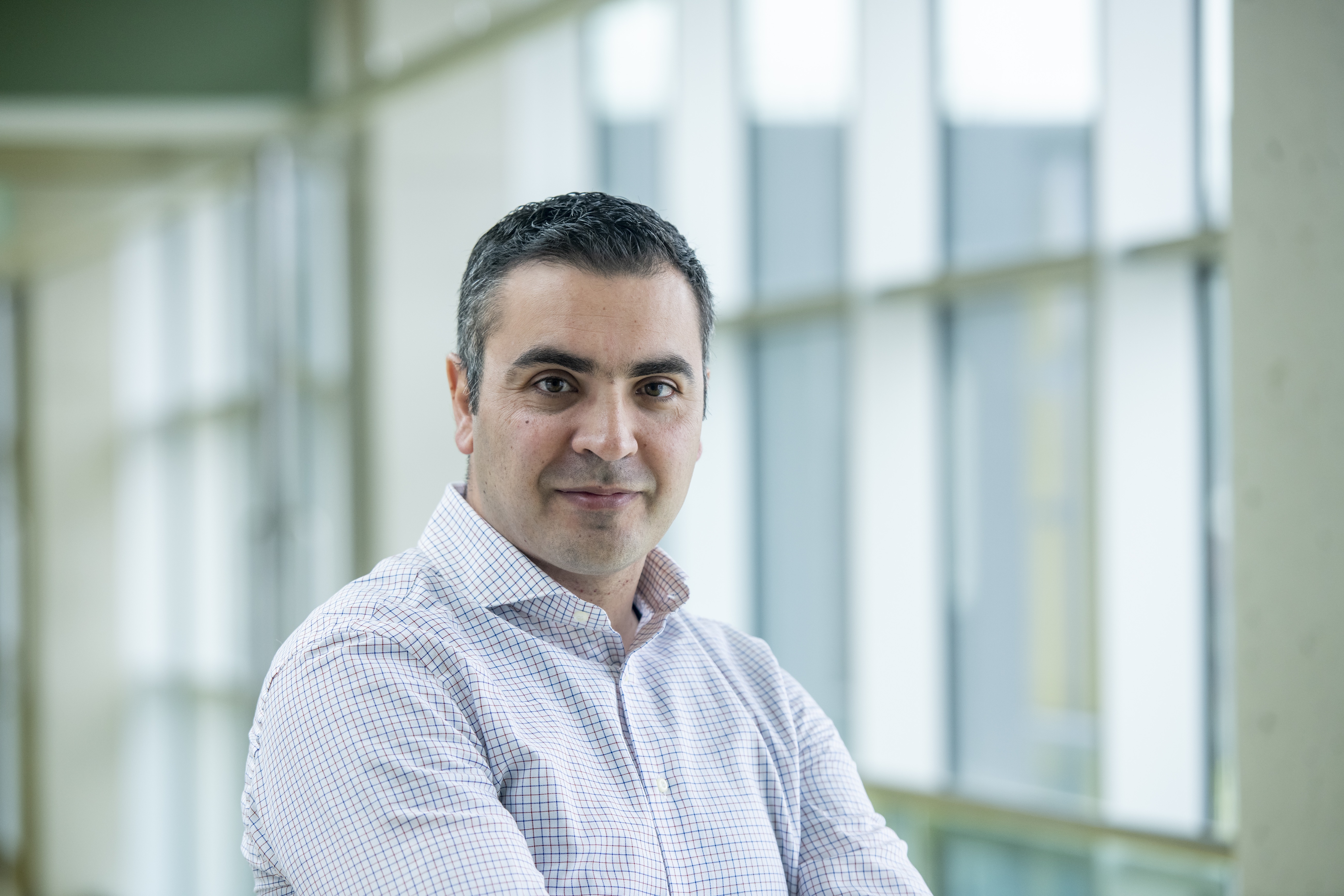
Themis holds the Regius Chair of Engineering at the University of Edinburgh and is Director of the Centre for Electronics Frontiers. His work focuses on developing metal-oxide Resistive Random-Access Memory technologies and related applications and is leading an interdisciplinary team comprising 30 researchers with expertise ranging from materials process development to electron devices and circuits and systems for embedded applications. He holds a Royal Academy of Engineering Chair in Emerging Technologies and a Royal Society Industry Fellowship. He is an Adjunct Professor at UTS Australia, visiting Professor at the Department of Microelectronics and Nanoelectronics at Tsinghua University, and Honorary Fellow at Imperial College London. He is Fellow of the Royal Society of Chemistry, the British Computer Society, the IET and the Institute of Physics and is also Senior Member of the IEEE. He served as the Director of the Lloyds Register Foundation International Consortium for Nanotechnology and Co-Director of the UKRI Centre for Doctoral Training in Machine Intelligence for Nano- Electronic Devices and Systems (MINDS). In 2015, he established ArC Instruments Ltd that delivers high-performance testing infrastructure for automating characterisation of novel nanodevices in over 21 countries and in 2019 he founded SoneT.ai that is building new power-efficient AI hardware solutions. His contributions in memristive technologies and applications have brought this emerging technology one step closer to the electronics industry for which he was recognised as a 2021 Blavatnik Award UK Honoree in Physical Sciences and Engineering.
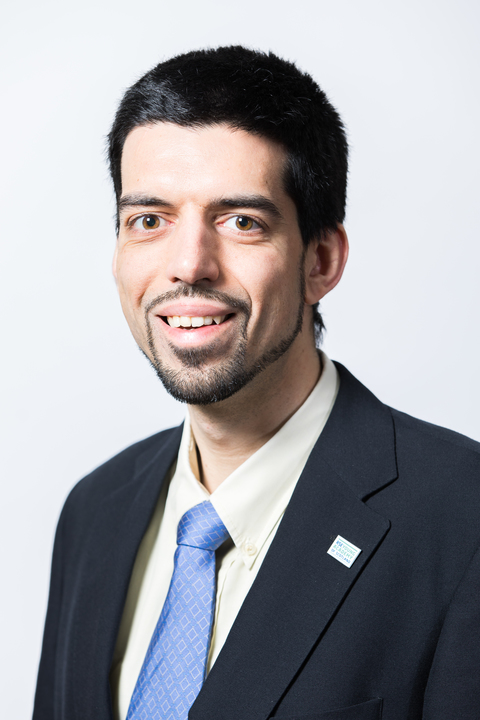
I lead a research group focused on developing and applying signal processing algorithms to biomedical data. Our main aim is to reveal the subtle changes that major diseases (e.g., Alzheimer's and epilepsy) cause in the brain activity and how this changes in different conditions and mental states.
In October 2013, I joined the Institute for Digital Communications, School of Engineering, as a Chancellor's Fellow in biomedical signal processing. I was tenured in August 2016 and promoted to Senior Lecturer in August 2020.
Previously, I held a post-doctoral position at the School of Computing and Mathematics of Plymouth University.
My training includes an MEng in telecommunications engineering from the University of Valladolid (Spain) in 2005 and a PhD in biomedical signal processing from the same university in 2010.
- 2010 - PhD in Telecommunications Engineering - University of Valladolid (Spain)
- 2005 - MEng in Telecommunications Engineering (First) - University of Valladolid (Spain)
- Senior Member of the IEEE
- Fellow of the Higher Education Academy
- Programme Director of the MSc in Signal Processing and Communications
- Course organiser of Image Processing
- Teacher in Engineering Software 3
- Tutor in Engineering Mathematics 2A
- Supervision of final year projects and MSc theses
- Biomedical signal processing
- Brain connectivity
- Graph theory
- Machine learning
- Nonlinear analysis

 orcid.org/0000-0001-7806-0204
orcid.org/0000-0001-7806-0204